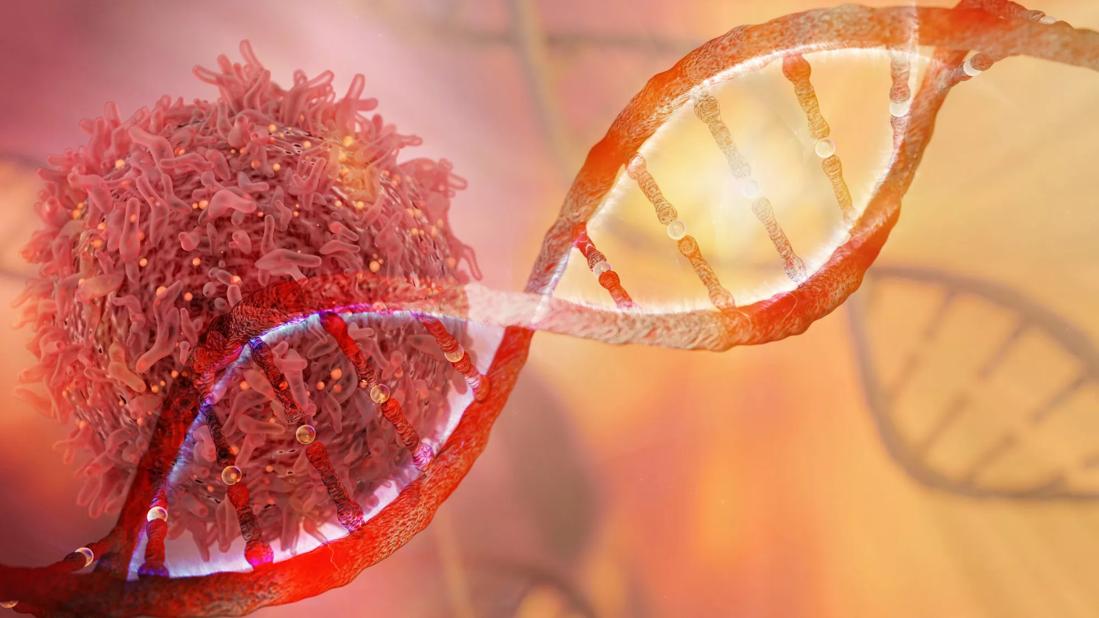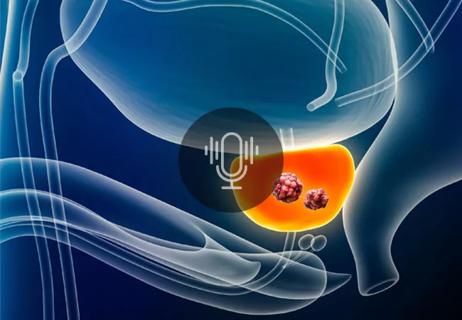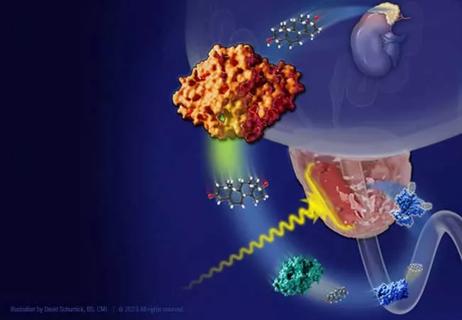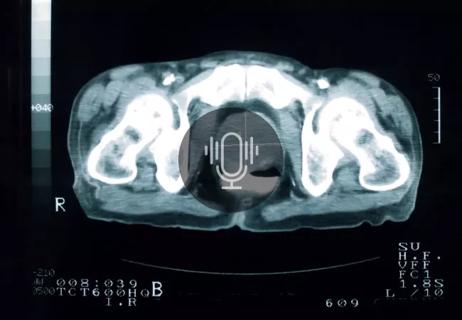What is the role of molecular profiling in risk stratification?

A team of Cleveland Clinic researchers demonstrated that genomic classifier testing is correlated with cribriform (CF) and intraductal carcinoma (IDC)—morphologic features associated with unfavorable oncologic outcomes among prostate cancer patients, according to findings recently presented at the American Society for Radiation Oncology (ASTRO) annual meeting.
Advertisement
Cleveland Clinic is a non-profit academic medical center. Advertising on our site helps support our mission. We do not endorse non-Cleveland Clinic products or services. Policy
Written by Zaeem Lone, the ASTRO abstract examines how this testing may aid physicians in understanding each patient’s risk. “Given the wide range of clinical behavior of prostate cancer from very indolent to very aggressive disease, it’s important to investigate better ways to risk stratify men with this condition,” notes study author Omar Mian, PhD of the Cleveland Clinic Taussig Cancer Center. “And with the availability of more and more genetic tests, our team was interested in whether or not pathologic features of more aggressive biology were linked with a higher tumor genomic risk score. We asked specifically whether cribriform and intraductal morphology, which are identified by expert pathologists, associated with molecular and genetic signatures.”
With this in mind, Dr. Mian and his team conducted a retrospective review of prostate cancer patients who received Decipher testing at Cleveland Clinic between 2009 and 2020 to identify any correlations between Decipher genomic risk score and CF/IDC status. They also aimed to assess the prostate cancer transcriptomic features of these pathologic features.
The specimens were reviewed by Cleveland Clinic genitourinary pathologists (including study co-authors, Sean Williamson, MD, and Jane Nguyen, MD, PhD) for the presence of CF and IDC features. The specimens were then divided into three groups: absent CF/IDC (CF-/IDC-), CF positive only (CF+/IDC-) and CF/IDC positive (CF+/IDC+).
The researchers used the Pearson Chi-Square test, quantitative with the Kruskal-Wallis test, to assess categorical clinical, genomic,and pathologic variables. They also performed molecular subtyping via the PAM50 classifier. Gene set enrichment analysis was conducted to find differentially expressed pathways between CF-/IDC- and CF+/IDC+ patients.
Advertisement
The analysis, which included 463 patients, showed that those who were CF+/IDC+ had the highest mean Decipher scores as well as the highest rates of Grade Group > 3 disease on final pathology. “Gene network level transcriptomic analysis revealed upregulation of MYC pathway genes and E2F targets respectively,” the study authors report. “Molecular subtyping revealed that CF+/IDC+ tumors were associated with luminal proliferating type B classification.”
“These findings demonstrate an association between Decipher score and Cribriform/Intraductal morphology in prostate cancer,” Dr. Mian says. “The number one key takeaway for clinicians is that genomic classifier testing is correlated with aggressive morphologic features. Number two, molecular profiling of tumors can shed light on the mechanistic basis of the appearance of aggressive morphology, which is interesting from a cancer biology perspective.”
“There is also an association with prostate cancer subtypes like luminal proliferating B subtype, which can have implications for which patients are more or less likely to respond to hormone therapy,” he continues. “And so, even though this is a preliminary study that I wouldn’t base clinical decision making on yet, it can lay the foundation for future risk stratification schemas that could help inform the way we make treatment decisions.”
Several collaborative laboratory projects are underway that will continue this work in an effort to better understand the biologic mechanisms that link tumor mutation, tumor genetics, tumor phenotype and expression profiling to aggressive behavior.
Advertisement
“A big part of the future of prostate cancer risk stratification will be based in molecular profiling. We’re trying hard, here at the Cleveland Clinic, to develop the next generation of risk stratification schemas based on clinical genomic features,” concludes Dr. Mian. “That is the main underlying focus of this work, which lays a foundation for prospective studies to help clinicians better select tailored treatments for aggressive prostate cancer.”
Advertisement
Advertisement

Approach offers a ‘middle ground’ between radical prostatectomy and active surveillance

AI histologic classifier reliably predicts clinical risk in men post-prostatectomy

Historic collaboration connects two Cleveland Clinic locations, enables real-time sharing of metrics and surgical progress

Patient factors and cancer characteristics are key to deciding between focal therapies and whole gland treatment

Novel research to evaluate noninvasive treatments in ED and chronic pelvic pain

Correlation found between the biomarker HSD3B1 and resistance to combined hormone therapy and radiotherapy

FDA-approved therapy offers promise for patients with castrate-resistant prostate cancer

Using novel robotic approaches for a difficult-to-access prostate